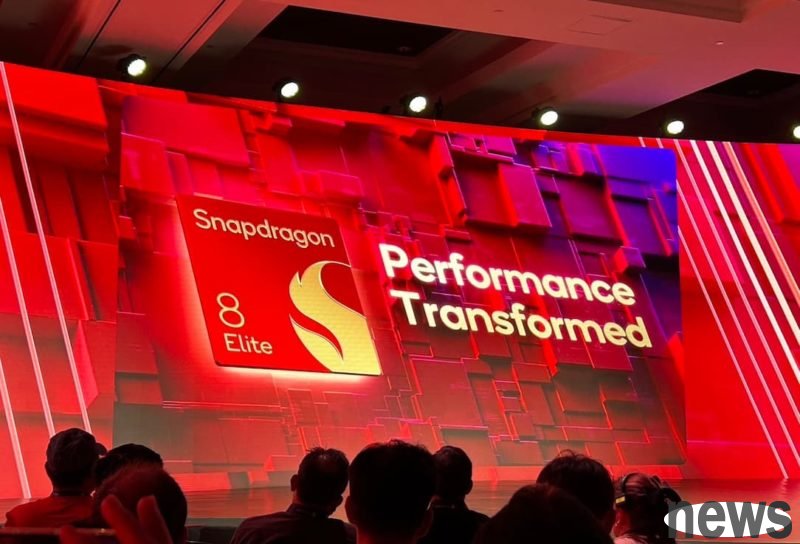
Foreign media 9to5Google quotes Business Post reports, Samsung initially launched the Galaxy S26 series smartphone in 2026 and adopted Qualcomm Snapdragon flagship chip. Unlike in the past, the key processor is no longer entirely produced by TECHNOLOG, and partly manufactured by Samsung Cylinder OEM, representing a major change in the cooperation between Qualcomm and Samsung.
Over the past few years, Qualcomm has tailored the "For Galaxy" version of the dragon chip for Samsung Galaxy equipment, usually a standard version of the slightly overclocked version, which is exclusively sold for Galaxy series mobile phones. In addition to the frequency adjustment of the "For Galaxy" chip, the main manufacturing location and bottom design are the same as those of non-Galaxy equipment chips. Telco is exclusively manufactured, so Qualcomm has almost completely relied on Telco in recent years.
Latest report, Qualcomm's next-generation chip strategy has been significantly adjusted, and two versions have been launched for the "Snapdragon 8 Elite" subsequent version (Snapdragon 8 Elite sequel). The first version uses NTD 3 nanometers, which is used to other Android mobile phone manufacturers. The other version is Samsung Crystal OEM 2nm, and uses Samsung Galaxy equipment. If the information is real, the production source strategy is undoubtedly a big attempt for Qualcomm, which means breaking the long-term exclusive reliance on Taiwan's electricity.
Potential cooperation is of course a major breakthrough for Samsung crystal circle OEM. In recent years, Samsung crystal round OEM has been struggling with poor yields of 3 nanometers, and has taken advantage of the customers. The most eye-catching of many potential customers is Google. Google recently gave up Samsung, and Tensor chip orders were transferred to Taiwan Power, which is a big shock to Samsung. If Qualcomm handed over some flagship chip orders to Samsung 2 nanometers, it would not only increase revenue for Samsung OEM, but more importantly, it would improve Samsung's advanced process reputation and credibility.
Samsung 2nm test is still underway. Although the yield rate is gradually increasing, it is estimated to be about 40%, which means that Samsung's technological maturity and production efficiency still need to be worked on to meet Qualcomm's requirements.
